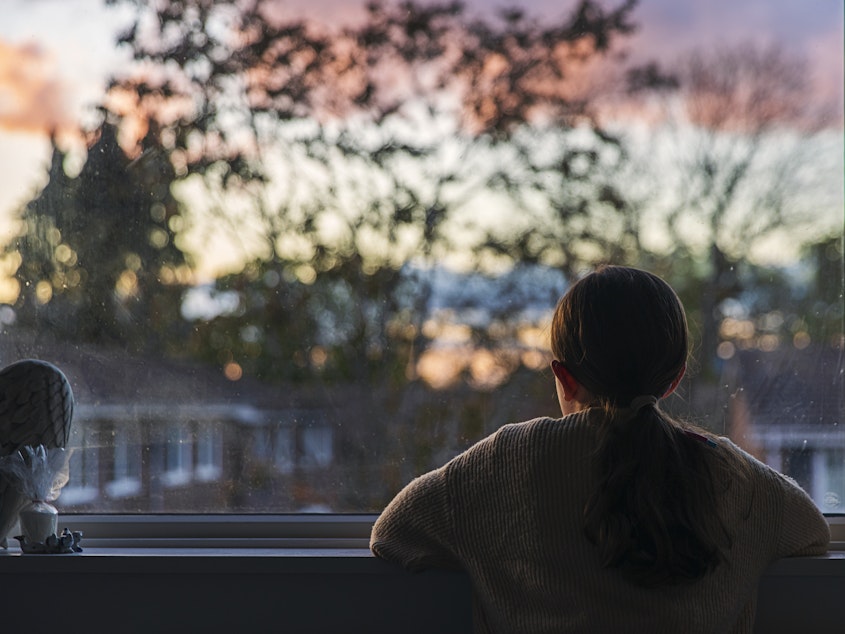Pediatricians say the mental health crisis among kids has become a national emergency

This story includes the topic of suicide.
If you or someone you know may be considering suicide, contact the National Suicide Prevention Lifeline at 1-800-273-8255 (En Español: 1-888-628-9454; Deaf and Hard of Hearing: 1-800-799-4889) or the Crisis Text Line by texting HOME to 741741.
A coalition of the nation's leading experts in pediatric health have issued an urgent warning declaring the mental health crisis among children so dire, it has become a national emergency.
The declaration was penned by the American Academic of Pediatrics, the Children's Hospital Association and the American Academy of Child and Adolescent Psychiatry, which together represent more than 77,000 physicians and 200 children's hospitals.
In a letter released Tuesday, the groups say that rates of childhood mental health concerns were already steadily rising over the past decade. But the pandemic, as well as the issue of racial inequality, they write, has exacerbated the challenges.
Sponsored
"This worsening crisis in child and adolescent mental health is inextricably tied to the stress brought on by COVID-19 and the ongoing struggle for racial justice and represents an acceleration of trends observed prior to 2020," the declaration from the pediatric groups says.
When it comes to suicide in particular, the groups point to data showing that by 2018, suicide was the second leading cause of death for people between the ages of 10 and 24.
Teenage girls have emerged particularly at risk. From February to March of this year, emergency department visits for suspected suicide attempts went up nearly 51% for girls ages 12-17 compared to the same period in 2019, according to data from the Centers for Disease Control and Prevention.
Overall, the data shows that in 2020, emergency department visits for mental health emergencies rose by 24% for children between the ages of 5 and 11, and 31% for those 12-17.
"Young people have endured so much throughout this pandemic and while much of the attention is often placed on its physical health consequences, we cannot overlook the escalating mental health crisis facing our patients," AAP President Dr. Lee Savio Beers said in a statement.
Sponsored
The crisis effects children of color even more
The declaration from the pediatric groups notes that the disruptions children and families have experienced during the pandemic have disproportionately affected children of color.
A recent study in the journal Pediatrics showed 140,000 children lost a parent or grandparent caregiver from COVID-19. A majority of those children were kids of color.
The study showed that, compared to white children, Native American children were 4.5 times more likely to have lost a primary caregiver; Black children were 2.4 times more likely and Hispanic children nearly twice as likely.
"We are caring for young people with soaring rates of depression, anxiety, trauma, loneliness, and suicidality that will have lasting impacts on them, their families, their communities, and all of our futures," said Dr. Gabrielle Carlson, president of the American Academy of Child and Adolescent Psychiatry said.
Sponsored
Pediatric leaders are urging policymakers to invest in telemedicine and mental health in schools
The declaration calls for policymakers on the local and federal level to fund and improve mental health for children when it comes to screening, diagnosing and treatment. Access to telemedicine and mental health care in schools should be a priority, the letter says. The groups also want to address the challenge of children experiencing a shortage of beds in emergency care.
The Biden Administration announced in August plans to invest nearly $85 million in funding for mental health awareness, training and treatment for children. [Copyright 2021 NPR]



